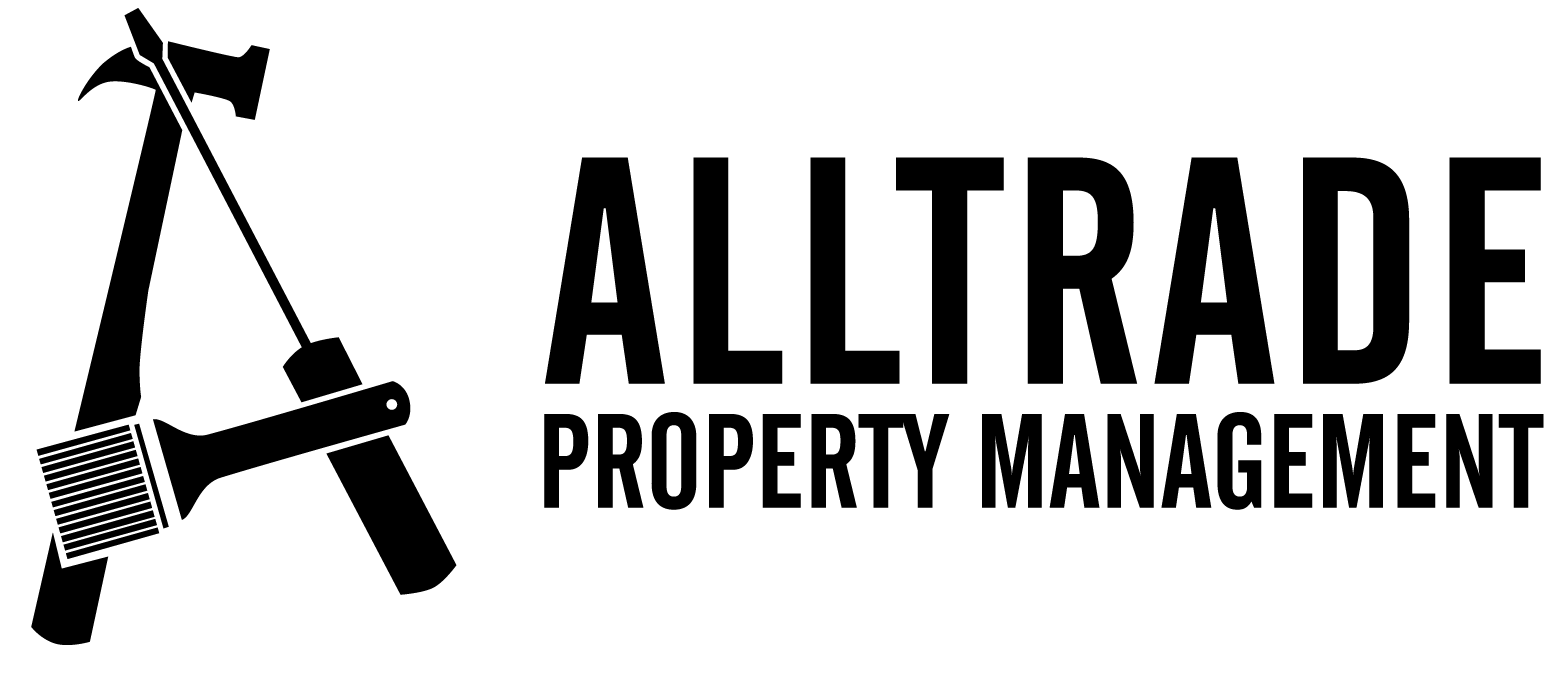Kentucky Rent Increase Laws: An Overview in Louisville
Landlords in Kentucky may decide to increase their rental prices for multiple legitimate reasons. They might increase rent in response to tax increases, to pay for property maintenance or improvements, to match market rates, or simply to increase their profits.
However, there are laws that they must abide by. Rent increase laws in Kentucky help provide landlords with guidelines regarding various rent-related aspects. These guidelines can help determine when landlords can increase the rent when it’s legal to do so, and laws regarding bounced check fees.
This article will give you a brief overview of Kentucky’s rent increase law.

When can landlords increase the rent?
In Kentucky, landlords must abide by the terms of the lease or rental agreement. Typically, landlords do increase rent whenever a tenant renews their lease. You may also be able to renew it at any point during the lease in accordance with the terms of the lease.
For holdover tenants, you may be able to increase rent at any point if you notify them. A holdover tenant is a tenant who refuses to leave after their lease has expired. They live at your property ‘at your will’.
When is it illegal for landlords to increase the rent?
It’s illegal for Kentucky landlords to increase rent in either of two scenarios. That is, if it’s based on discrimination or if the landlord is doing it to retaliate against a tenant.
According to the Fair Housing Act, it’s illegal for landlords to discriminate against a tenant based on a protected characteristic. The protected characteristics include disability, familial status, religion, race, color, and national origin.
Also, it’s illegal for Kentucky landlords to increase rent in retaliation for a tenant exercising their rights. Tenants have legal rights to:
- Complain to a health inspector, fire department, building inspector, or other governmental agency about illegal, unhealthy, or unsafe living conditions.
- Exercise their First Amendment rights to join or form a union to fight for their rights as tenants.
- Withhold rent payments if the landlord fails to take care of important repairs.
If you increase the rent within 6 months after a tenant exercises any of these rights, the court will presume you’re retaliating against the tenant.
Are there cities in Kentucky with rent control laws?
No. Kentucky legislation preempts rent control.
Is there a limit to how much rent a landlord can increase rent by?
No. In Kentucky, there is no limit to how much rent a landlord can increase it by. As such, you can increase it by whatever amount you see fit.
That said, it’s important not to overcharge your Kentucky tenants. If you do so, you risk having long vacancy periods, as your rental property will be less desirable.

How much notice do you need to provide your tenant for increasing rent?
For holdover tenants, you must provide them a 30-Day Notice before raising their rent. And for all other tenants, make sure to follow the lease or rental agreement.
How often can you increase rent on your Kentucky tenant?
Kentucky doesn’t have any limits on the frequency upon which landlords can increase rent on a tenant. This means that you can increase it as frequently as you wish, as long as you observe the lease agreement.
Does Kentucky have a law regarding late fees?
Kentucky doesn’t legislate late fees. That notwithstanding, you must disclose such fees on the lease or rental agreement.

Does a law regarding bounced check fees exist in Kentucky?
As a Kentucky landlord, you may be able to charge your tenant a maximum of $50 for payments returned due to insufficient funds.
The Bottom Line
Familiarity with the Kentucky landlord-tenant laws will help you determine when you can increase the price of rent for your real estate property and will ensure you are legally compliant. Contact the team at Alltrade Properties today to get more help!
Disclaimer: The information herein is only meant to be informational and isn’t a substitute for professional legal advice. If you still have questions or need further help, kindly consider hiring professional help from a qualified property management company, like Alltrade Properties.
